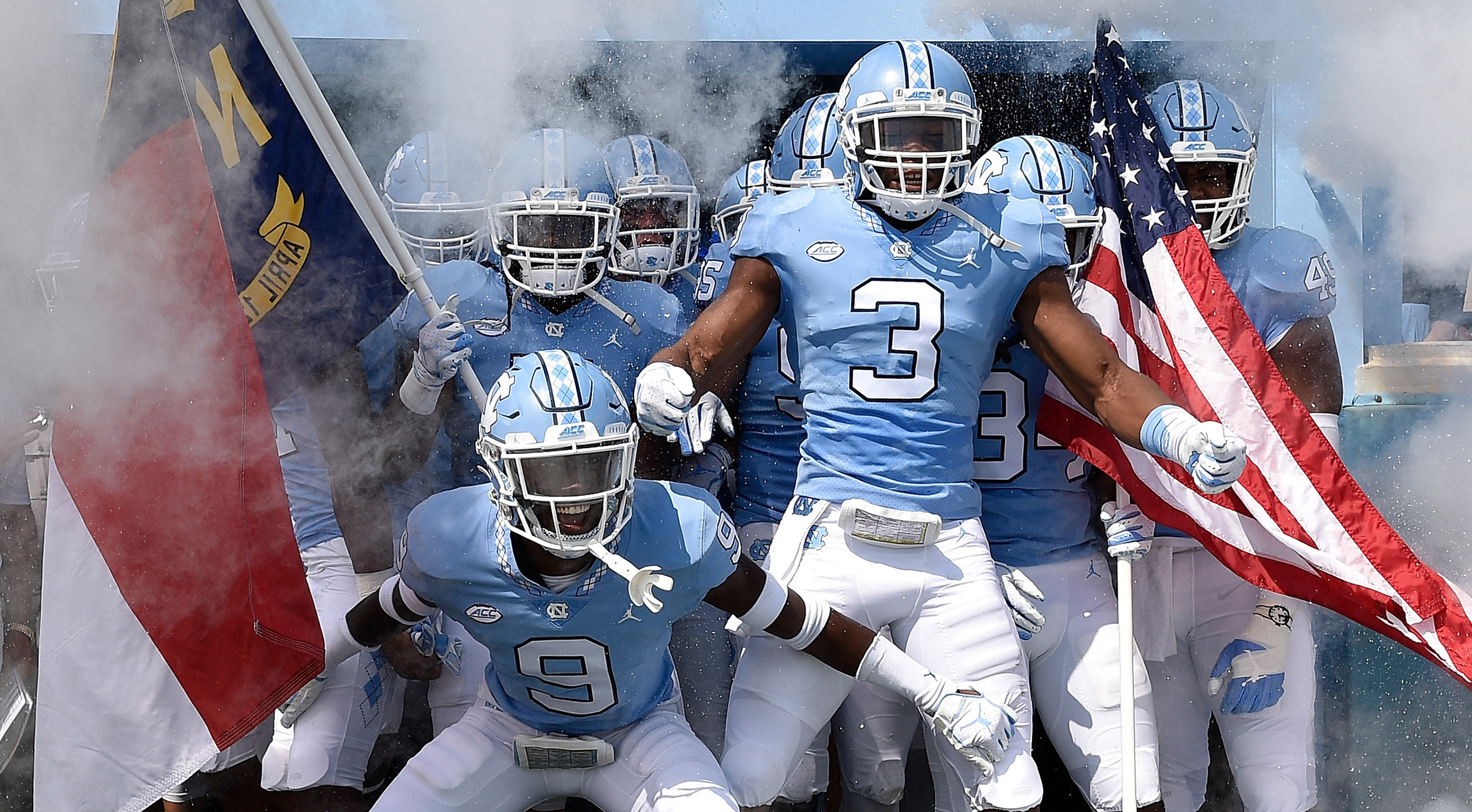- Membership
- Perks and Discounts
- Things To Do
- Resources
- News
- About
- Shop
Related Content
Carolina Athletes Go for Gold at Paris Olympics
July 26, 2024
Fifteen Tar Heels, including two incoming first-year students, are scheduled to compete in the 2024...
Read MoreCarolina Lands Top 10 Finish in Learfield Directors’ Cup
July 11, 2024
A national championship in field hockey, a trip to Omaha for the College World Series...
Read MoreAlumnus to Carry Olympic Torch in Paris Relay
July 5, 2024
A former marching band and intramural sports participant at UNC will carry the Olympic torch...
Read More-
2024
-
2023
-
2022
-
2021
-
2020
-
2019
-
2018
-
2017
-
2016
-
2015
-
2014
-
2013
-
2012
-
2011
-
2010
-
2009
-
2008
-
2007
-
2006
-
2005
-
2004
- Academics and Athletics
- Admissions
- Alumni Profiles
- Alumni Recognition
- Around Town
- Arts
- Books
- Campus Profile
- Campus Safety
- Carolina Alumni Awards
- Carolina Alumni Leadership
- Carolina Alumni Programs and Outreach
- Carolina Alumni Reunions
- Carolina Alumni Review
- Celebrations
- Championships
- College and Costs
- Commencement
- Coronavirus
- Discovery
- Extracurricular
- Faculty
- Faculty Awards
- For the People
- Go Heels
- Greek Life
- Hark the Sounds
- Higher Education
- Homecoming
- In Class
- In Memoriam
- Innovation and Technology
- Issues
- Object Lesson
- On View
- Our Treescape
- Philanthropy
- Podcast
- Public Service
- Race and Reckoning
- Research
- Sexual Assault
- Silent Sam
- Sports
- Structures
- Student Achievement
- Students
- Timelines
- Tuition and Financial Aid
- UNC Libraries
- UNC’s History
- Undergraduate Spotlight
- University Achievements
- University Awards
- University Budget Issues
- University Development
- University Leadership
- University News
- University Rankings
- What We Do
- Who We Are
- Young Alumni
- Yours at Carolina
COVID-19 Impact on Athletics Budget Rosier Than Expected
Posted on July 19, 2021
Fan support helped Carolina’s athletics department stave off huge deficits. For example, $2.4 million came from football season-ticket holders donating the cost of their seats instead of receiving refunds for the 2020 season. Blue Zone seat holders contributed $1.1 million, which is what would have been the price of their leases. (Grant Halverson ’93)
After a year of campus challenges brought on by the COVID-19 pandemic, Carolina athletics delivered some good news to Tar Heel supporters in July: The department managed to avoid — by far — the deep financial wound it expected to suffer in the 2020-21 fiscal year.
The department, which announced September 2020 projected revenue losses of $30 million to $52 million, trimmed that number to less than $6 million, according to a letter sent to Rams Club members from Executive Director John Montgomery and Athletics Director Bubba Cunningham. The letter said the department would address the deficit by deferring some debt service through the University to future years.
Cunningham last year outlined cost-cutting measures that included a 10 percent cut in sports’ budgets, freezes in spending and hiring, staff furloughs and 10 to 20 percent salary reductions to higher paid coaches and staff. The letter cited all those measures for the rosier budget numbers, plus robust donations, including $5.2 million given to the Carolina Victory Fund. That pool of money, created to offset pandemic related losses, more than doubled its fundraising goal of $2 million.
Another $2.4 million came from football season-ticket holders who chose to donate the cost of their seats to the department instead of receiving refunds for the 2020 season. Blue Zone seat holders contributed $1.1 million, which is what would have been the price of their leases. Overall, $10 million in donations helped the department curtail greater losses.
The department, which supports 28 varsity sports, makes money through ticket sales, sponsorship and television revenue, conference distributions and concessions sales. Cunningham told The News & Observer that early estimates of as much $50 million in revenue losses also reflected the possibility that all competition would be canceled due to COVID-19 effects. All 28 sports competed in the 2020-21 season, some with none or limited fans.
© 2024 Carolina Alumni
